Undergraduate + Postgraduate
Bachelor of Marine Science and Master of Oceanography
Events you may be interested in
Show more eventsCareers and further study
This course opens up a world of future study pathways and career opportunities.
Career Pathways
The combined bachelor’s and master’s has core units that seek to ensure students have strong interdisciplinary knowledge and technical skills to take advantage of diverse career opportunities in government, industry, consultancies and research institutions. The need for marine and coastal management, marine renewable energy, safe use of the ocean and aquaculture will require graduates with interdisciplinary knowledge of marine science and oceanography.
Career options include:
-
Oceanographer
-
Coastal Manager/Officer
-
Coastal & Oceanographic Consultant
-
Coastal Geologist
-
Meteorologist
-
Applied Ocean Scientist
-
Cimate Scientist
-
Ocean Data Scientist
Career Opportunities
- Oceanographer
- Coastal Manager/Officer
- Coastal Geologist
- Meteorologist
- Applied Ocean Scientist
- Climate Scientist
- Ocean Data Scientist
Master of Oceanography
Fees and scholarships
Scholarships
Scholarships are available to students from a diverse range of backgrounds, including academic achievement, financial need, educational disadvantage, leadership and community service, artistic or sporting achievements, and being from a rural or remote area.
Cost of living
International Student Fees
Onshore international students are charged an annual course fee, charged per credit point at a rate dependent on the course in which the student is enrolled. Annual course fees are calculated based on an annual study load. Check the handbook to confirm the annual study load for your course.
Find out more about international student tuition fees and visit the fee calculator for the relevant course fees.
Fees are subject to annual indexation.
Scholarships
Scholarships are available to students from a diverse range of backgrounds, including academic achievement, financial need, educational disadvantage, leadership and community service, artistic or sporting achievements, and being from a rural or remote area.
Cost of living
Admission requirements
The University of Western Australia welcomes applications from international and domestic school-leavers. If you’re interested in studying one of these majors, find out the admission details below.
Course prerequisites
To be considered for admission to this course an applicant must have -
- achieved an ATAR of at least 90, or equivalent as recognised by UWA; and
- an assured pathway offer; or
- a place in a relevant UWA access program.
Admission requirements
English competency
English is the language of instruction and assessment at UWA and you will need to meet the English language requirements of the University to be eligible for a place.
Minimum overall IELTS score of 6.5, with no band less than 6.0.
How to apply
Apply through TISC
- Log in to the TISC website
If you’re a Year 12 student studying a WACE course at a WA high school or a pathway program, you are already automatically registered with TISC. - Select your preferences
You can choose up to six preferences when you apply through TISC. You should list your preferences in order from your most desired course onwards; this way you’ll have plenty of options to get into UWA. - Lodging your application
You’re almost there! After answering a few questions, you’ll need to make a declaration about your application. - Application processing fee
Your TISC application is lodged once you’ve completed the payment. For more information on fees and payments, visit the TISC website.
Course details
This Combined Bachelor and Master (CBM) is a four-year accelerated program for those with an ATAR of 90 or above. The Bachelor component will provide you with a strong academic foundation in marine science, covering both physical and biological aspects and their interactions. The master’s component will delve into the physical, chemical, geological, and biological processes in coastal and deep marine environments.
About the course
In the Bachelor of Marine Science, emphasis is placed on building your essential knowledge and skills in collecting, interpreting, analysing, and synthesising scientific data in marine settings. In the Master of Oceanography, teaching is technical and interdisciplinary with focus on both field and lab work.
Quick details
- Available 2024
- Perth (Crawley campus)
- Full-time
- Part-time
- On-campus
- Semester 1
- Undergraduate + Postgraduate
- CM038
- 114376J
Chao pursues his passion in Oceanography
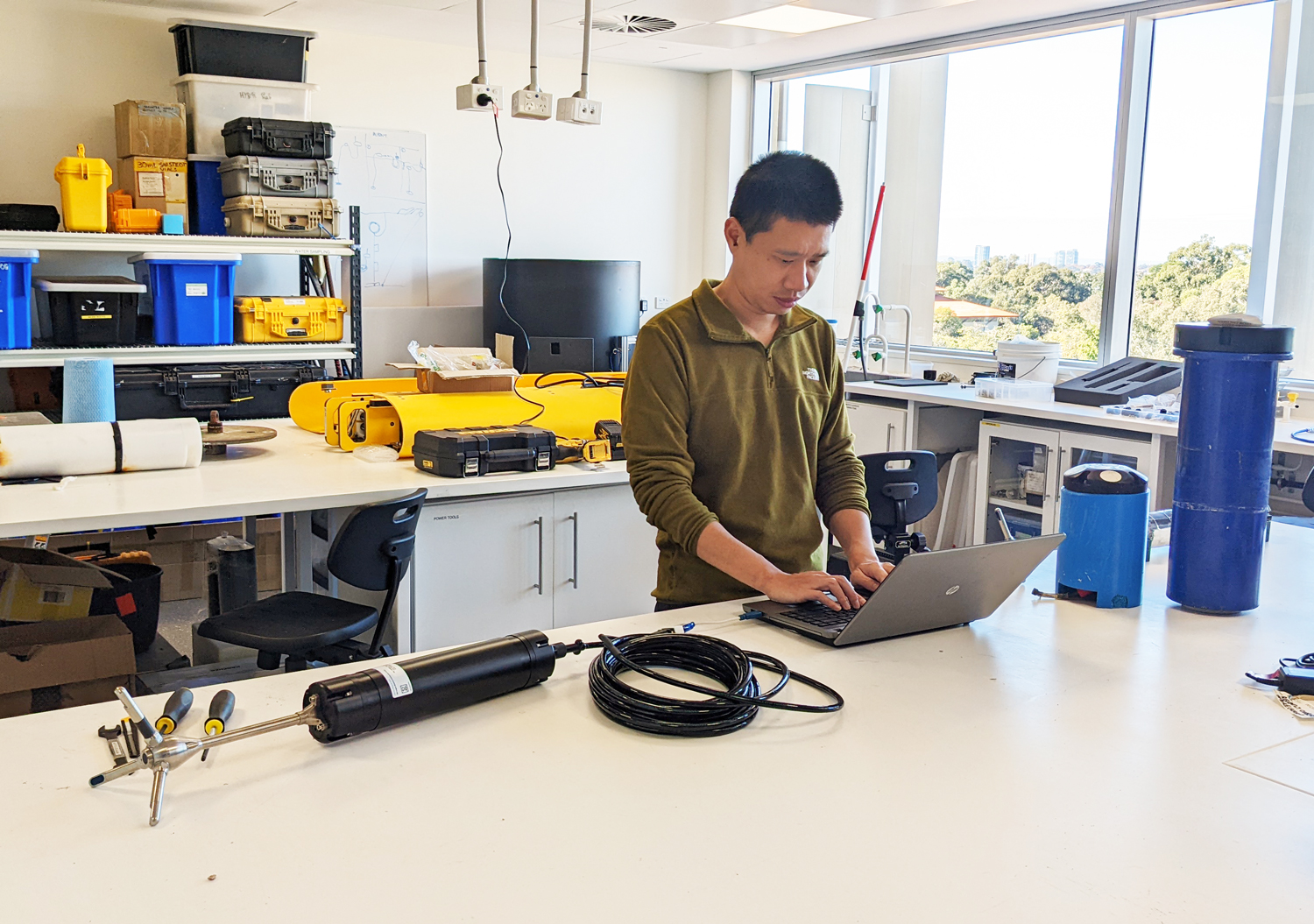
UWA student Chao Tang, share his reasons for choosing the Master of Ocean Leadership, his scuba diving adventures with the UWA Underwater Club, some interesting facts about this area of study, and his hands-on industry experience with novel artificial-reef modules!
Read the full storyYou may also be interested in these courses
Course structure
In your first three years, you'll complete the Marine Science (extended major) and a semester of postgraduate study. You will then complete your selected units in the Master of Oceanography. Refer to the example study plan on the Handbooks website for more information.
Why study this course?
- You’ll graduate with a specialised bachelor’s and a master’s degree in just 4-years (normally 5 on a traditional bachelor + master’s program)
- Learning in the specialised Bachelor of Marine Science is richly embedded with internationally recognised research and will encourage research-based inquiry through cutting-edge science
- The Master of Oceanography is the only course of its kind in Australia. This enables teaching material to leverage Western Australia's position on the Indian Ocean and its access to unique marine environment such as pristine coastal areas and ocean processes that are shaped by the Indian and Southern Oceans
- The combined bachelor’s and master’s degree will prepare you for a rewarding career across a range of growing marine career areas spanning private industry to government
You'll learn to
- gain knowledge across physical, chemical, geological, and biological interactions applied to coastal and ocean systems as well as important practical and problem-solving skills
- become proficient in marine field data collection, data analysis techniques, including the use of industry-standard software
- integrate knowledge of marine and coastal processes, and their links to biological processes, to address real world problems
Your degree options

Indian Ocean Marine Research Centre
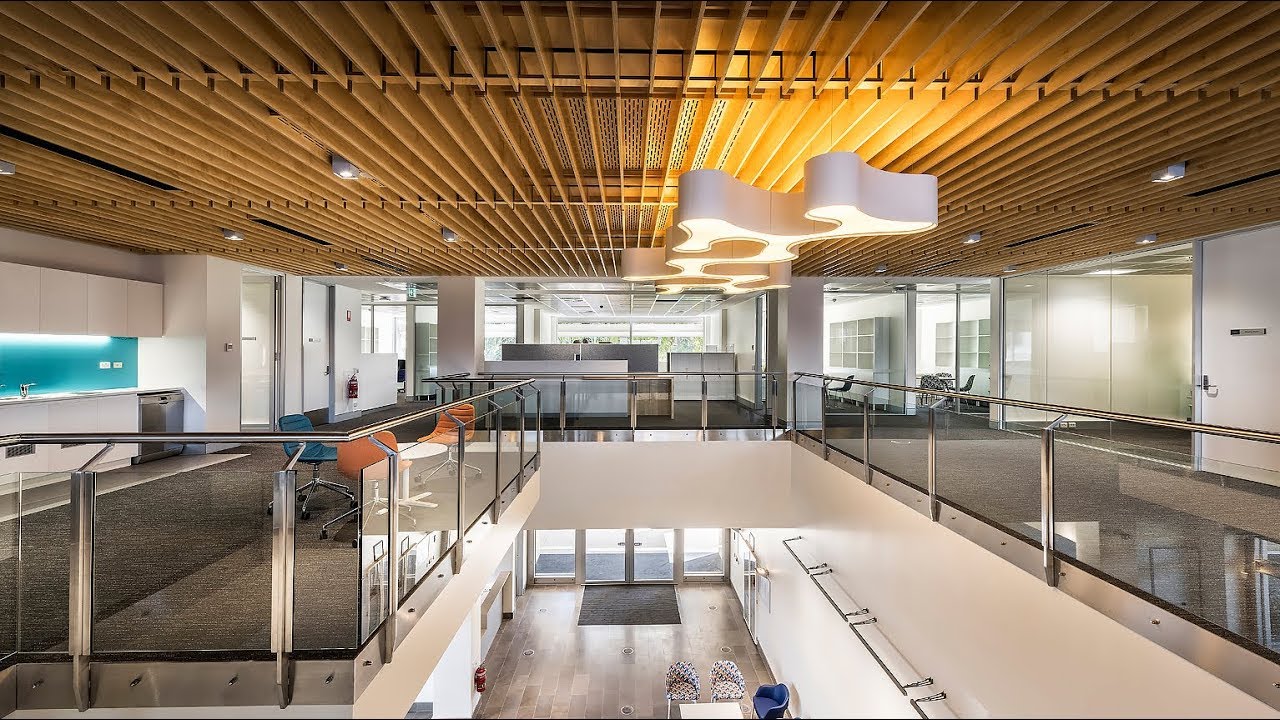
Purpose-built collaborative facility for marine science and ocean engineering research.
UWA Oceans Institute
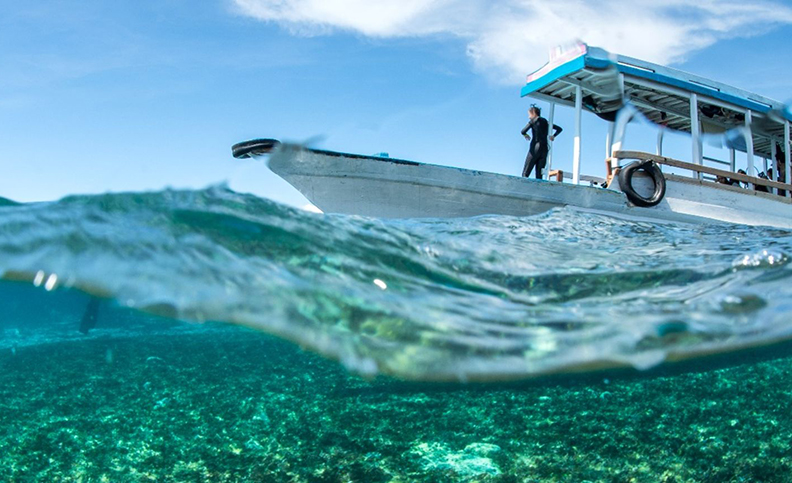
The UWA Oceans Institute brings together the University’s multidisciplinary research strengths across areas including oceanography, ecology, engineering, resource management and governance to address key ocean challenges.


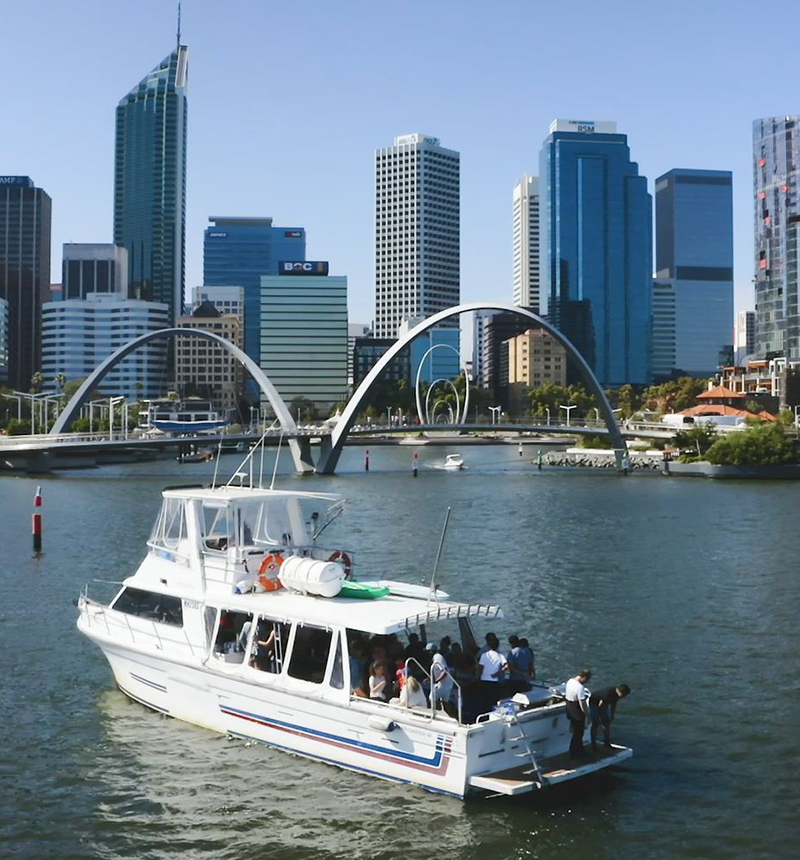
 Marine Science (Extended Major)
Marine Science (Extended Major) 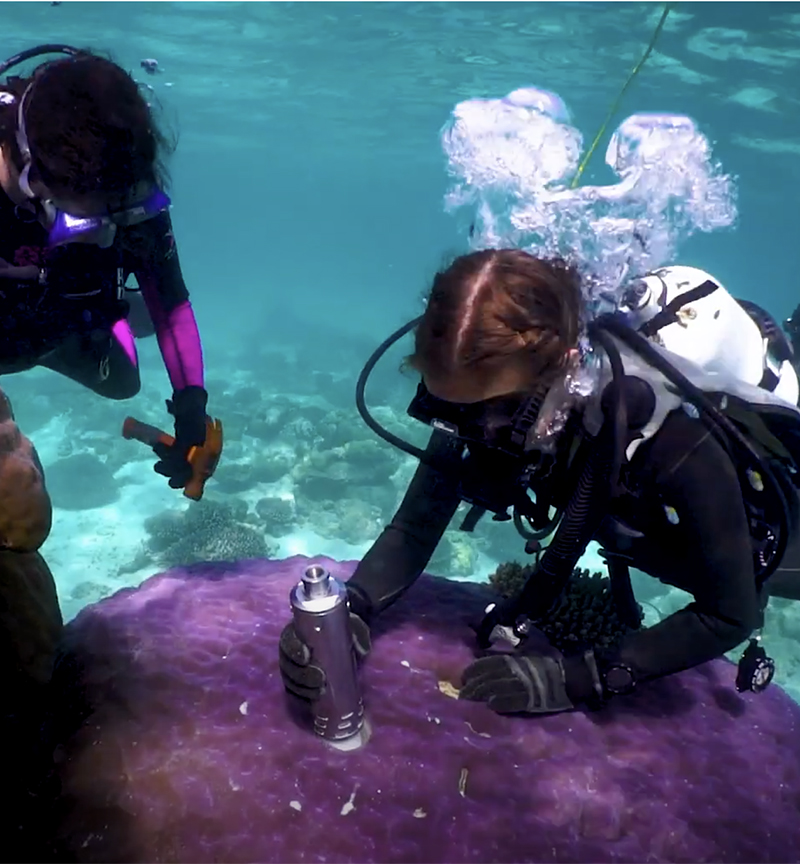
 Bachelor of Marine Science
Bachelor of Marine Science
